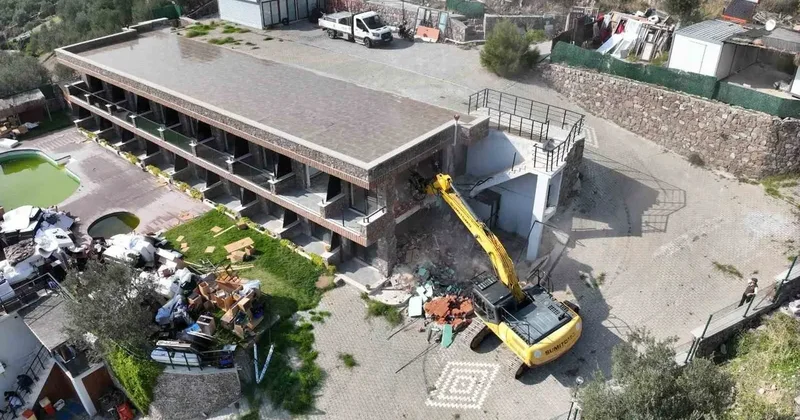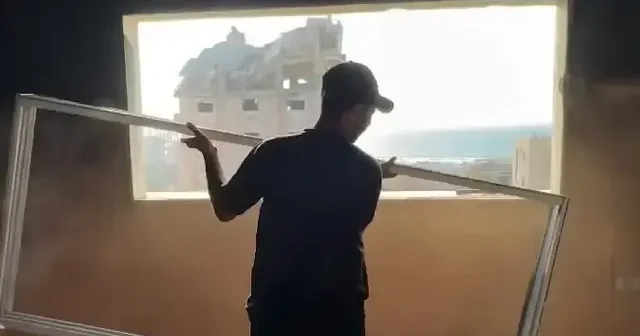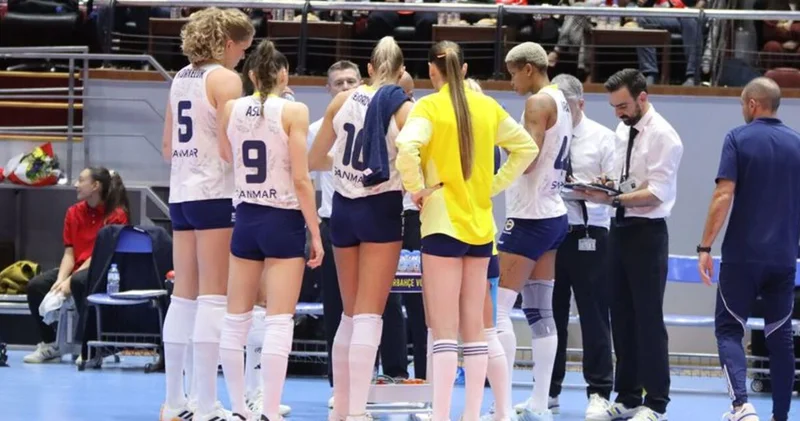Tennis players decry Wimbledon s dodgy AI line judges, demand human touch
SonTurkHaber.com, Fanatik kaynağından alınan verilere dayanarak bilgi yayımlıyor.
This year's Wimbledon Championships, still in full swing, marks a significant shift in tennis tradition: the prestigious tournament has replaced human line judges with an electronic line-calling system (ELC). However, this move has been met with considerable backlash from numerous players, who are vocal about their dissatisfaction with the AI technology.
The primary complaint revolves around the system's accuracy, with players reporting incorrect calls that have directly led to them losing crucial points. Notably, British tennis sensation Emma Raducanu openly criticized the technology for failing to call a ball out that her opponent had clearly hit beyond the lines. A television replay of the incident, as reported by The Telegraph, appeared to corroborate her assertion that the ball was indeed out.
British No. 1 Jack Draper echoed Raducanu's concerns, stating his belief that some line calls were incorrect and that he did not consider the AI technology to be "100 percent accurate."
Beyond accuracy issues, other problems have surfaced. Player Ben Shelton was reportedly forced to speed up his match after being informed that the new AI line system was on the verge of malfunctioning due to dimming sunlight. Furthermore, players have complained about an inability to hear the new automated speaker system. In a particularly poignant instance, one deaf player expressed that without the human hand signals traditionally provided by line judges, she was unable to discern when she had won a point.
The technology also experienced a critical "blip" during a key moment in a recent match between British player Sonay Kartal and Russian Anastasia Pavlyuchenkova. A ball landed out, but the ELC failed to register the call. The umpire had to intervene, stopping the rally and instructing the players to replay the point due to the system's failure to track the ball. Wimbledon later issued an apology, attributing the incident to "human error" where the technology was accidentally shut off during the match. They also stated that adjustments had been made to the system to ideally prevent such a mistake from recurring.
Despite the mounting criticism, Debbie Jevans, chair of the All England Club (the organization that hosts Wimbledon), has defended the use of the ELC. Responding to the likes of Raducanu and Draper, Jevans stated, "When we did have linesmen, we were constantly asked why we didn’t have electronic line calling because it’s more accurate than the rest of the tour." Wimbledon has been reached out to for further comment regarding the ongoing controversy.
This is not the first time that AI technology in tennis has come under fire as tournaments increasingly adopt automated systems, either partially or fully. German player Alexander Zverev publicly called out the same automated line judging technology in April, posting a picture on Instagram that purportedly showed a ball called in that was clearly out.
These critiques from top athletes underscore the inherent friction in the complete replacement of human roles with AI. They make a compelling case for why a balanced approach, where human oversight and AI technology work in conjunction, may be necessary as more organizations continue to embrace artificial intelligence. This sentiment mirrors recent news from companies like Klarna, which, after a prior push for automated jobs, has now indicated a renewed interest in hiring human workers.
 Bu konudaki diğer haberler:
Bu konudaki diğer haberler: Görüntülenme:235
Görüntülenme:235 Bu haber kaynaktan arşivlenmiştir 10 Temmuz 2025 11:25 kaynağından arşivlendi
Bu haber kaynaktan arşivlenmiştir 10 Temmuz 2025 11:25 kaynağından arşivlendi



 Giriş yap
Giriş yap
 Haberler
Haberler Hava durumu
Hava durumu Manyetik fırtınalar
Manyetik fırtınalar Namaz vakti
Namaz vakti Değerli metaller
Değerli metaller Döviz çevirici
Döviz çevirici Kredi hesaplayıcı
Kredi hesaplayıcı Kripto para
Kripto para Burçlar
Burçlar Soru - Cevap
Soru - Cevap İnternet hızını test et
İnternet hızını test et Türkiye Radyosu
Türkiye Radyosu Türkiye televizyonu
Türkiye televizyonu Hakkımızda
Hakkımızda











 En çok okunanlar
En çok okunanlar




















